How can one understand the intersection of identities, learn to speak openly about privilege and systemic oppression, and feel the true power of dialogue in an international exchange environment? Viktoriia Boiko, a student from group 401-FF, speciality 035 “Philology”, at the National University “Yuri Kondratyuk Poltava Polytechnic”, sought the answer to this question during her participation in the Erasmus+ youth exchange “X-Change: Intersectionality in Action”, which took place from September 15 to 22, 2025, in the picturesque town of Bakuriani, Georgia.
The project united young people from various countries who gathered to discuss crucial issues of discrimination, privilege, systemic oppression, and stereotypes that exist in every society.
The main goal of the project was to create a safe space for dialogue where participants could openly share their own experiences and reflections. The program included educational training sessions, group discussions, interactive sessions, and role-playing games that helped deepen the understanding of intersectionality and its manifestations in daily life. Significant attention was paid to the analysis of stereotypes, forms of discrimination, and methods of counteracting them, both at the individual and societal levels.
The Ukrainian team’s participation in the international Erasmus+ youth exchange “X-Change: Intersectionality in Action” was made possible thanks to the support and coordination of two key organisations: JEF Ukraine and Umbrella.
JEF Ukraine (Young European Federalists Ukraine) is the sending organisation that provided preparation, accompaniment, and informational support to the participants from Ukraine. JEF Ukraine is part of the European network JEF Europe, which unites youth from over 40 countries who share the values of democracy, solidarity, and European integration. The organisation is actively engaged in educational activities, implementing international projects, conducting training, workshops, and campaigns aimed at developing civic activism among youth. It was thanks to JEF Ukraine that we learned about the opportunity to participate in the Erasmus+ program and received the necessary information and support at all stages, from applying to returning home.
Umbrella is the hosting organisation based in Georgia that served as the main organiser of the youth exchange. Umbrella specialises in implementing educational and cultural projects to develop an inclusive society, support youth, and promote human rights. During the exchange, the Umbrella team ensured logistics and the event program, facilitated discussions, and created a safe space for intercultural dialogue. Thanks to their work, participants from different countries were able to explore the topic of intersecting identities more deeply, discuss challenges related to war, discrimination, and social inequality, and find common ground.
Viktoriia Boiko shared her impressions of participating in the youth exchange with us: “During the Erasmus+ youth exchange, “X-Change: Intersectionality in Action” in Georgia, we, the Ukrainian team, lived through an experience that is difficult to convey in words. The project’s theme – intersectionality, tolerance, and acceptance of diversity – took on a special, painful, yet significant meaning for us. We were not just talking about theoretical concepts; we were living them through our own experience, daily, in every conversation, in every personal admission.
We told participants from other countries what it means to be young in Ukraine during the war. What it’s like to wake up to sirens, lose your home, live in constant anxiety, but at the same time not lose the thirst for life, for learning, for dreams. We talked about how war changes identity: how nationality becomes not just a formality but a deep inner core; how gender roles transform when girls become volunteers and boys become psychologists for their families; how social differences manifest in access to safety, education, and support.
These conversations were difficult. We cried. We were silent. We searched for words that sometimes did not exist. But we knew: it had to be said. Because silence is also a choice. And we chose to speak. To speak about pain, about losses, about fear, but also about strength, about solidarity, about hope. We showed that even in the darkest times, youth in Ukraine do not withdraw into themselves but seek dialogue, build bridges, and want to be heard.
We explained that intersectionality is not only about different identities but also about how they intersect in real life – how to be Ukrainian, a woman, an internally displaced person, a student, and an activist all at once – and how each of these roles affects the experience of war. We talked about how tolerance is not just politeness, but a deep understanding that another person may have a completely different experience, and that is normal. That respect is not weakness, but strength. That openness is not naivety, but courage.
This exchange became a space where we could be genuine. Where we didn’t have to hide our pain, but also didn’t allow it to break us. It was painful. But it was necessary. And, to some extent, it made us stronger. We returned home with the feeling that our voice is essential. That our experience is valuable. That even in times of war, we can be part of the European dialogue, changing the world around us – and starting with ourselves.
One of the most vivid moments of our participation in this youth exchange in Georgia was the Ukrainian Cultural Evening. We decided not just to talk about our culture – we lived it together with participants from other countries, immersing them in the atmosphere of a real Ukrainian wedding with all the traditions, rituals, and emotions.
We prepared a theatrical performance that recreated key elements of a traditional wedding: matchmaking, parental blessing, the wedding ceremony with the korovai (wedding bread), songs, dances, and humour. Participants from other countries became guests at our “wedding”, took part in contests, helped the “newlyweds”, sang Ukrainian folk songs, and danced the Hopak with us. We explained the meaning of each stage, discussed the symbolism of wedding attributes – the rushnyk (embroidered towel), the wreath, the korovai – and how these traditions are preserved in modern Ukraine. We paid special attention to how Ukrainian wedding customs reflect the values of our people: respect for family, community unity, generosity, sincerity, and deep spirituality.
This evening was not just a presentation of culture – it was an emotional experience that united us with participants from other countries. We felt how traditions can be used to build dialogue, break stereotypes, and open hearts. Participants noted that the Ukrainian evening was one of the warmest and most sincere moments of the exchange, and many of them learned about the depth and richness of our culture for the first time.
For us, this was not only about demonstrating national heritage – it was about how, even in times of war, we preserve our identity, celebrate life, and share light with others.
The “X-Change: Intersectionality in Action” project was of significant importance to me and, I can confidently say, to all the other participants, as we sought to understand how the intersection of different identities influences a person's social experience. We concluded that intersectionality is key to understanding inequality, as it allows us to see how the combination of several factors can exacerbate discrimination.
Following the completion of this international youth exchange, we, the Ukrainian team of participants, decided to share our experience with a broader audience. To provide more information about Erasmus+ opportunities and participation in international youth projects, we organised an open online workshop via Zoom. During the workshop, we explained what Erasmus+ is, how to apply for the program, where to find open opportunities for youth, and shared our own stories, impressions, and key conclusions from participating in the project. We also discussed the theme of our exchange – how to be young and diverse during wartime, how different identities intersect, and why tolerance and mutual respect are essential to modern society. For us, this meeting became a continuation of the dialogue we started during the exchange and an excellent opportunity to inspire other young people not to be afraid to try new things and discover Europe through Erasmus+,” – Viktoriia says.
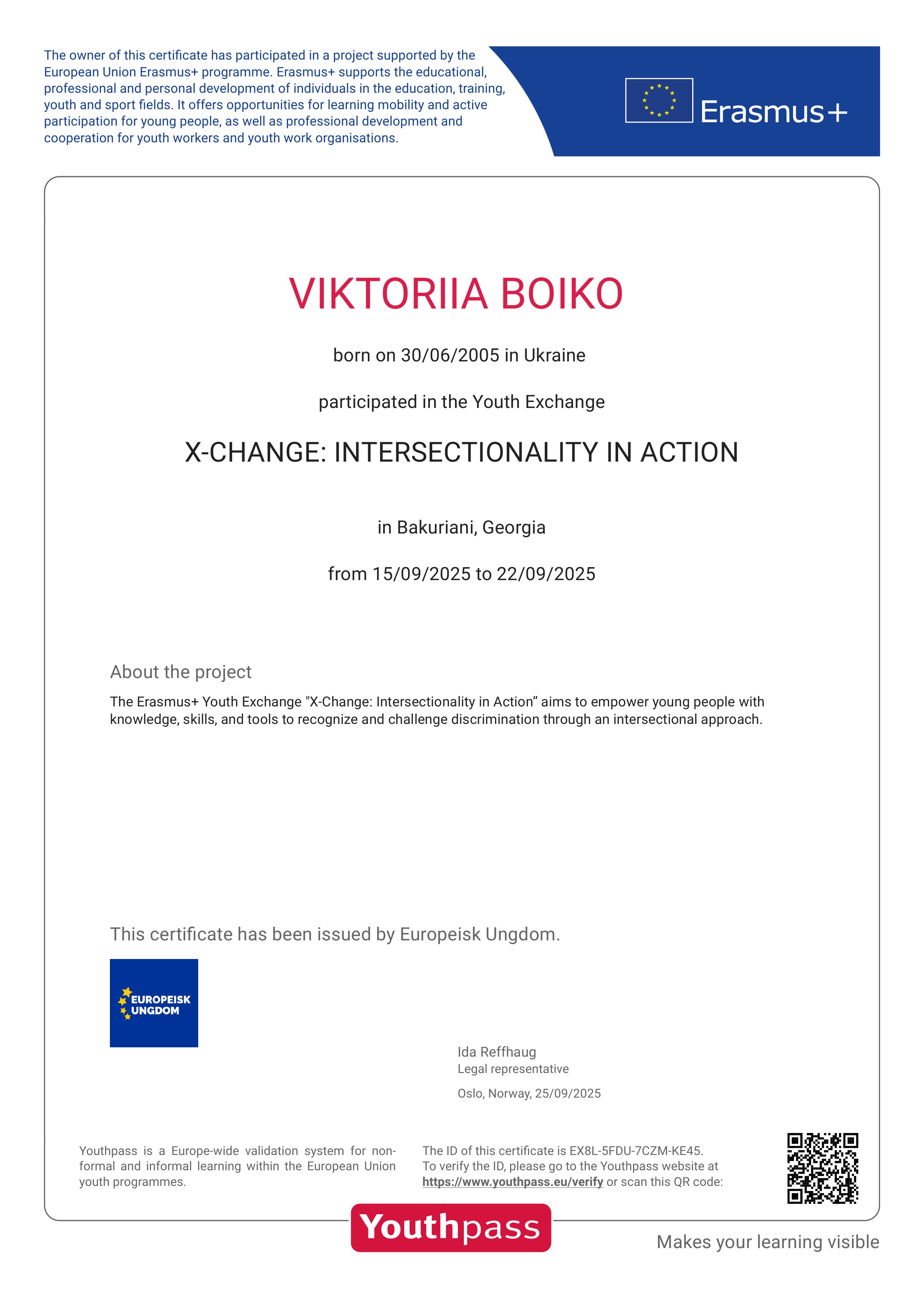
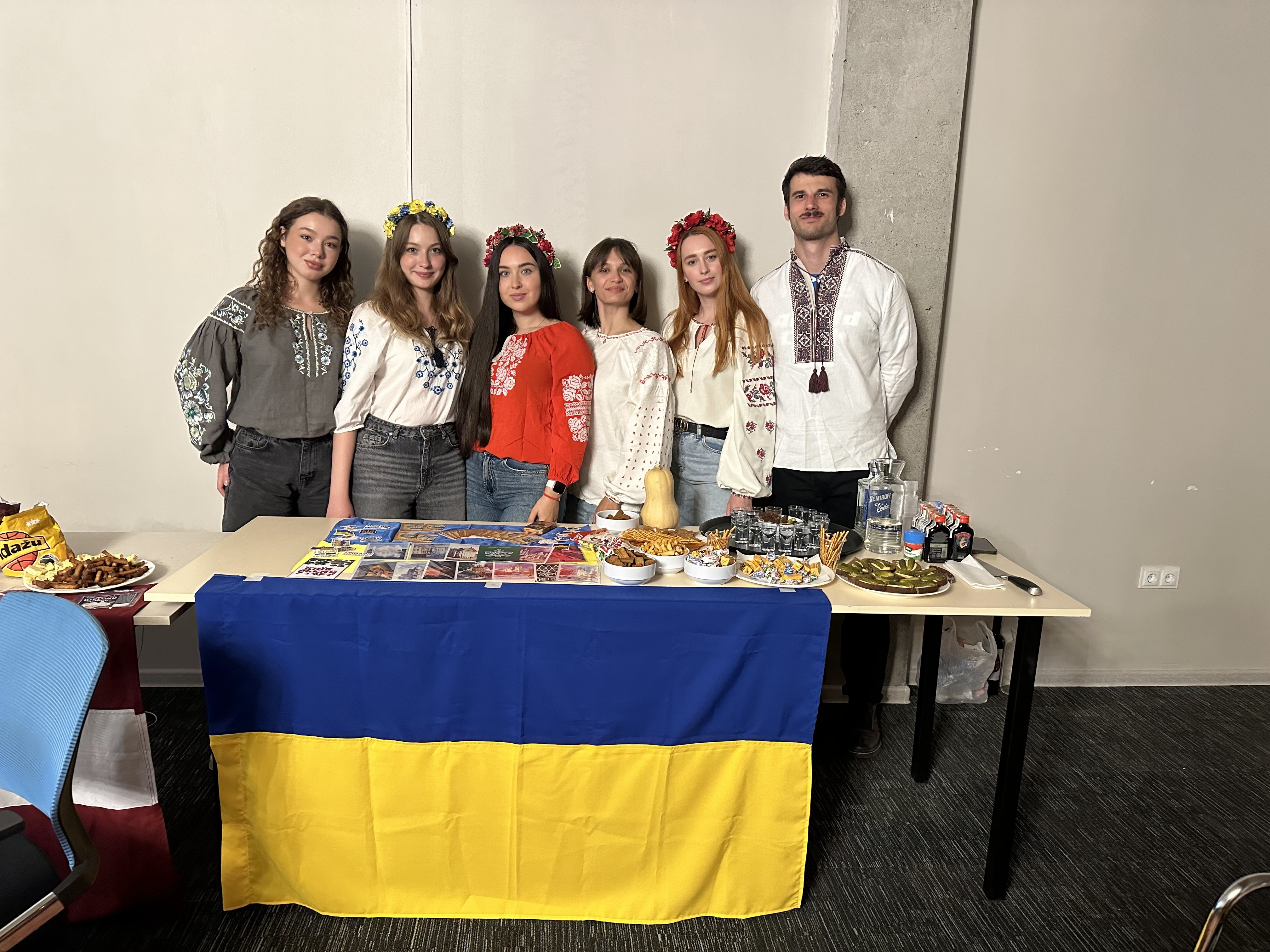
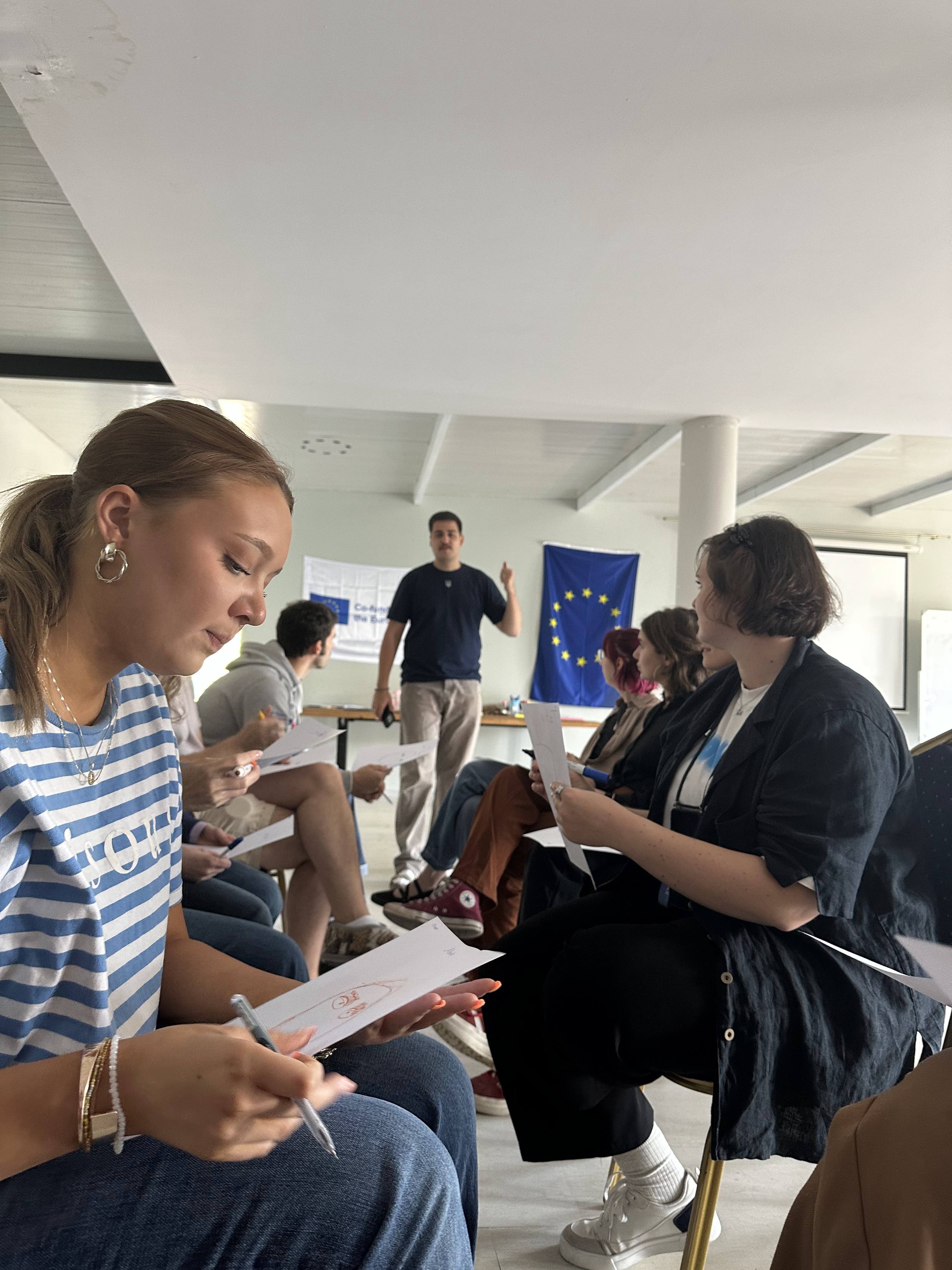


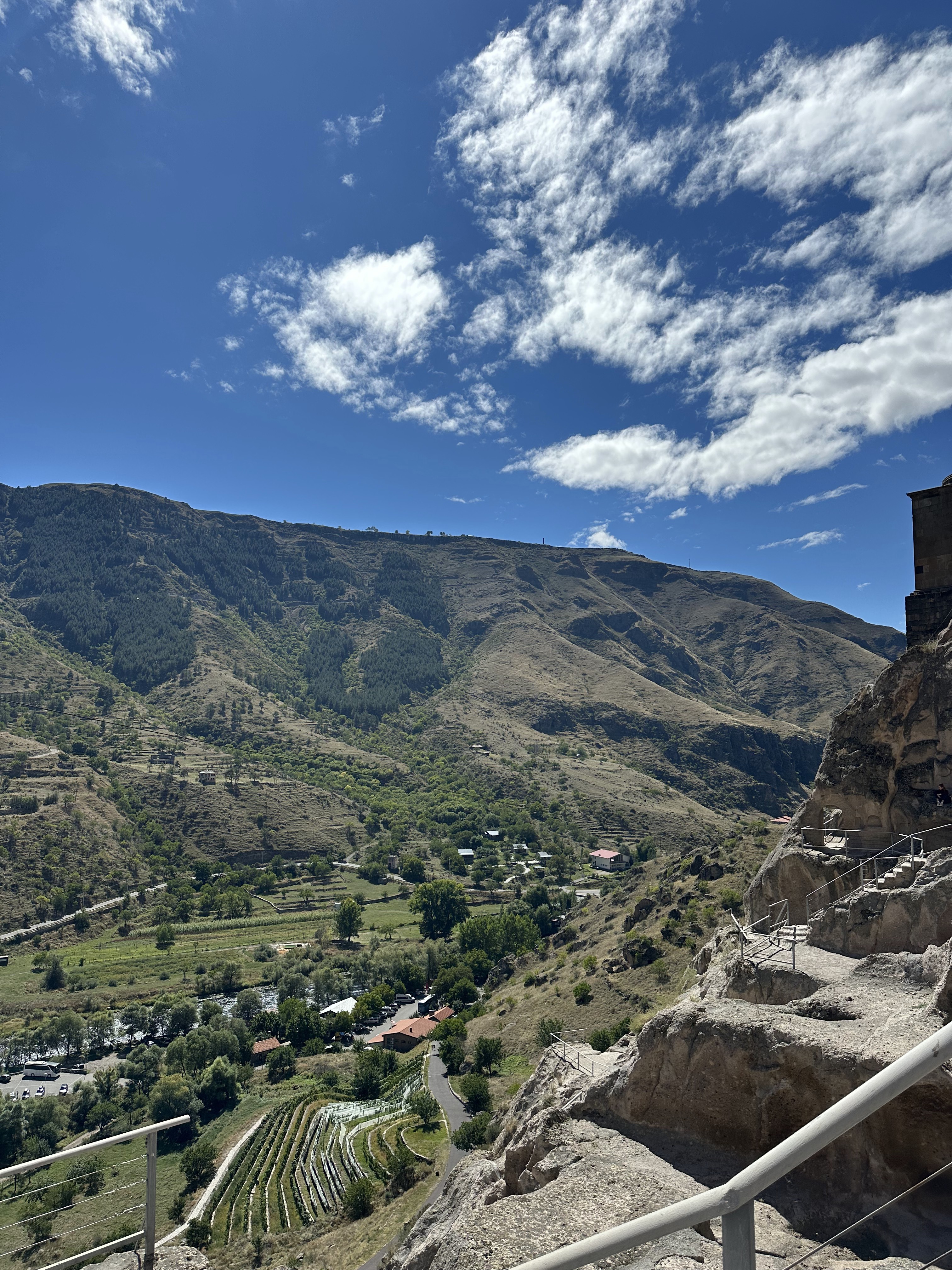
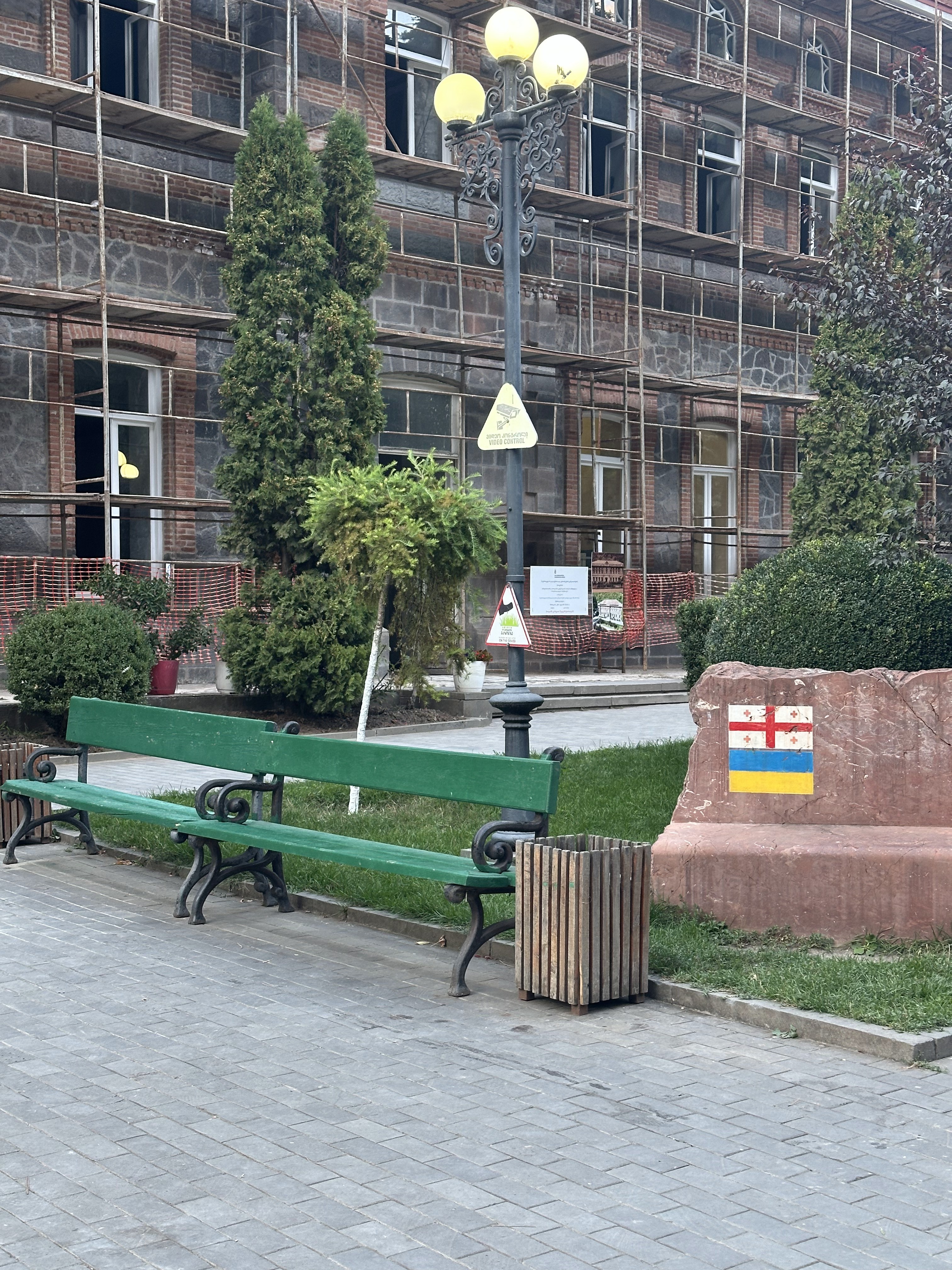
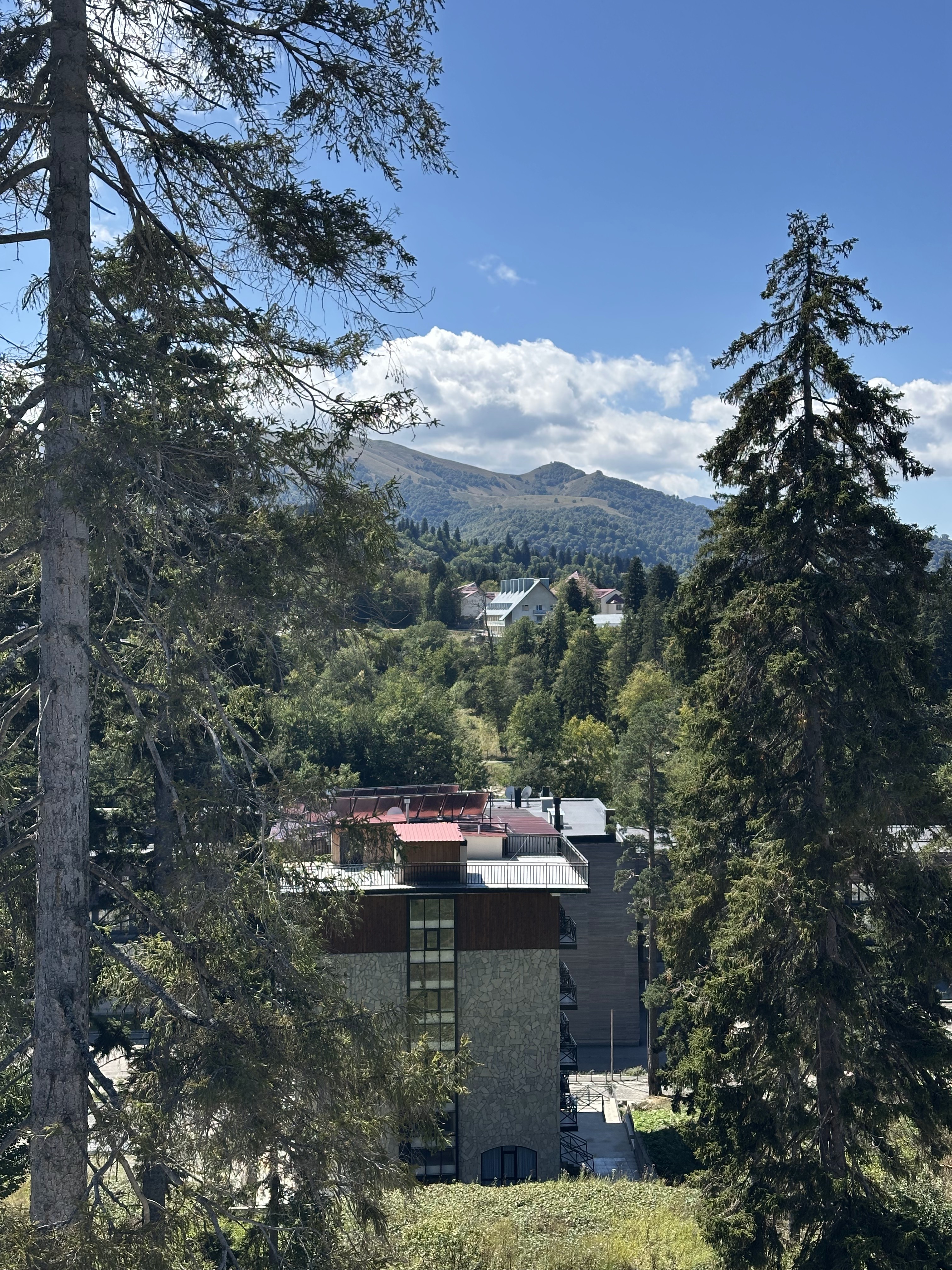
Viktoriia Boiko has repeatedly participated in Erasmus+ youth exchanges and training programs, including “(MIND)CRAFTING EMOTIONS”, “Hack Your Future!”, “Unfolding Complexity. Foundations of Conflict Transformation”, “Interexchange Academy – A Co-Creative Academy of Peacebuilding, Societal Inclusion and Greener Future”, “Promoting peace awareness among youth”, and “Cyber Heroes”.
As a reminder, faculty members of Poltava Polytechnic are eligible to participate in academic mobility and internship programs. Students can study abroad through Erasmus+ credit academic mobility grant programs for a semester or a full academic year at leading universities in Austria, Greenland, Denmark, Estonia, Finland, France, Germany, Greece, Ireland, Italy, Latvia, Lithuania, Luxembourg, the Netherlands, Norway, Poland, Portugal, Romania, Slovakia, Spain, Sweden, and the Czech Republic.
For more detailed information on current internship, teaching, and academic mobility programs abroad, please get in touch with the International Relations Office (office 213-C, interoffice@nupp.edu.ua) or the coordinator of international activities at the National University “Yuri Kondratyuk Poltava Polytechnic” – Anna Pavelieva, Ph.D. in Philology, Associate Professor of the Department of Germanic Philology and Translation (email: kunsite.zi@gmail.com, phone: +38-(095)-91-08-192).
Media Centre of
National University “Yuri Kondratyuk Poltava Polytechnic”



